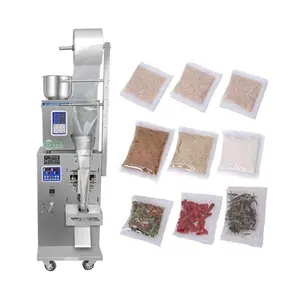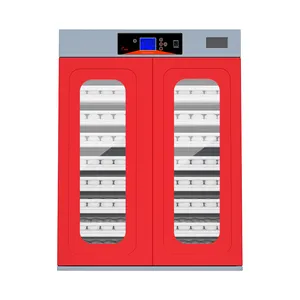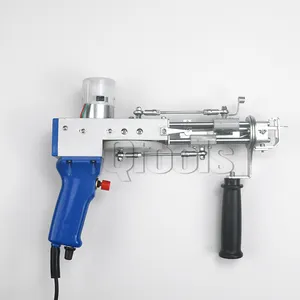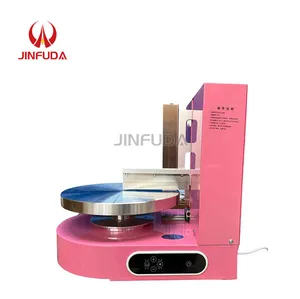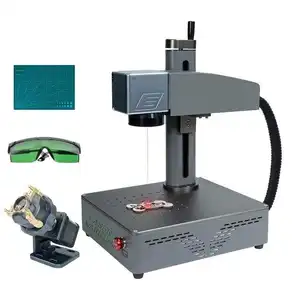Popular in your industry

























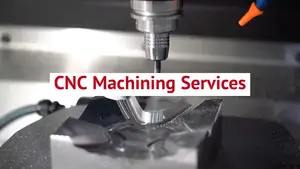








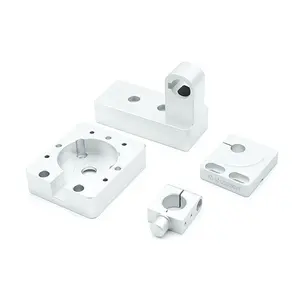























































































































































Top categories
About cnc masking
In the realm of CNC machining, precision is paramount to ensure the production of high-quality and accurate parts. One crucial aspect that contributes to this precision is the process of CNC masking. This technique involves the application of protective materials to specific areas of a component or workpiece, shielding them from various processes such as coating, painting, or finishing.
Types of CNC masking
CNC masking film is a common choice for applications where a flexible and conformable material is needed to protect complex geometries. These films are often made from materials like polyesters or polyimides, offering good temperature resistance and durability. Additionally, they can be easily die-cut to fit specific shapes, providing a precise masking solution. Another option is CNC masking tape, which is valued for its ease of application and removal. These tapes are typically made with materials like polyester or polyimide and feature a pressure-sensitive adhesive that ensures they adhere firmly to the surface. This type of masking tape is particularly useful for applications where quick masking of small areas is required, as it allows for a rapid and effective masking process. Furthermore, liquid masking materials, such as latex or specialty coatings, provide a versatile solution for applications where film or tape may not be suitable. These materials are applied as a liquid and form a protective barrier once cured, offering the ability to mask intricate details and irregular surfaces. However, it is essential to consider factors such as material compatibility, temperature resistance, and ease of removal when selecting the appropriate masking material for a CNC application.
Applications of CNC masking
The aerospace industry extensively uses masking film for CNC in the manufacturing of components such as composite structures, turbine blades, and engine parts. In this sector, CNC masking plays a pivotal role in protecting critical surfaces during processes like bonding, surface treatment, and coating applications. The automotive industry utilizes CNC masking for tasks like protecting machined surfaces during painting, creating precise gasket seals, or preventing the ingress of contaminants. In the electronics industry, CNC masking is crucial during processes like printed circuit board (PCB) manufacturing, where it is used to protect designated areas during etching, soldering, or conformal coating. The medical device sector relies on CNC masking for applications like creating intricate patterns on surgical instruments or ensuring the precise application of coatings on medical implants. The CNC machining of molds and dies, used in various industries, often involves the use of masking to protect specific areas from wear, corrosion, or buildup of materials. For applications like creating decorative finishes on consumer products or ensuring the accurate assembly of complex components, CNC masking is indispensable in the manufacturing of consumer goods. Finally, in the realm of research and development, CNC masking plays a vital role in the prototyping and testing of new products, allowing engineers and designers to refine their designs with precision.
Materials used for CNC masking
Common materials used for liquid CNC router masking material include liquid latex, acrylic resins, and specialty coatings. Liquid latex is a popular choice for applications that require a removable, flexible, and cost-effective masking solution. Acrylic resins offer a balance between solvent resistance and ease of removal, making them suitable for various CNC masking applications. Specialty coatings, such as those tailored for specific temperature or chemical resistance requirements, provide custom solutions for demanding masking scenarios. For CNC masking film applications, materials like polyethylene, polyimide, and polyester are commonly used. Polyethylene films offer a cost-effective and versatile masking solution, while polyimide films are known for their exceptional heat resistance, making them suitable for high-temperature processes. Polyester films combine good mechanical properties with chemical resistance, providing a robust masking material. In addition, the selection of masking tape for CNC is often based on the application requirements. For instance, polyester tapes offer good temperature resistance, making them suitable for demanding environments. Polyimide tapes, known as Kapton tapes, excel in high-temperature applications. Silicone tapes provide residue-free removal and are often used for temporary masking. In specific industries or applications, custom-engineered materials may be developed to address unique masking challenges.
